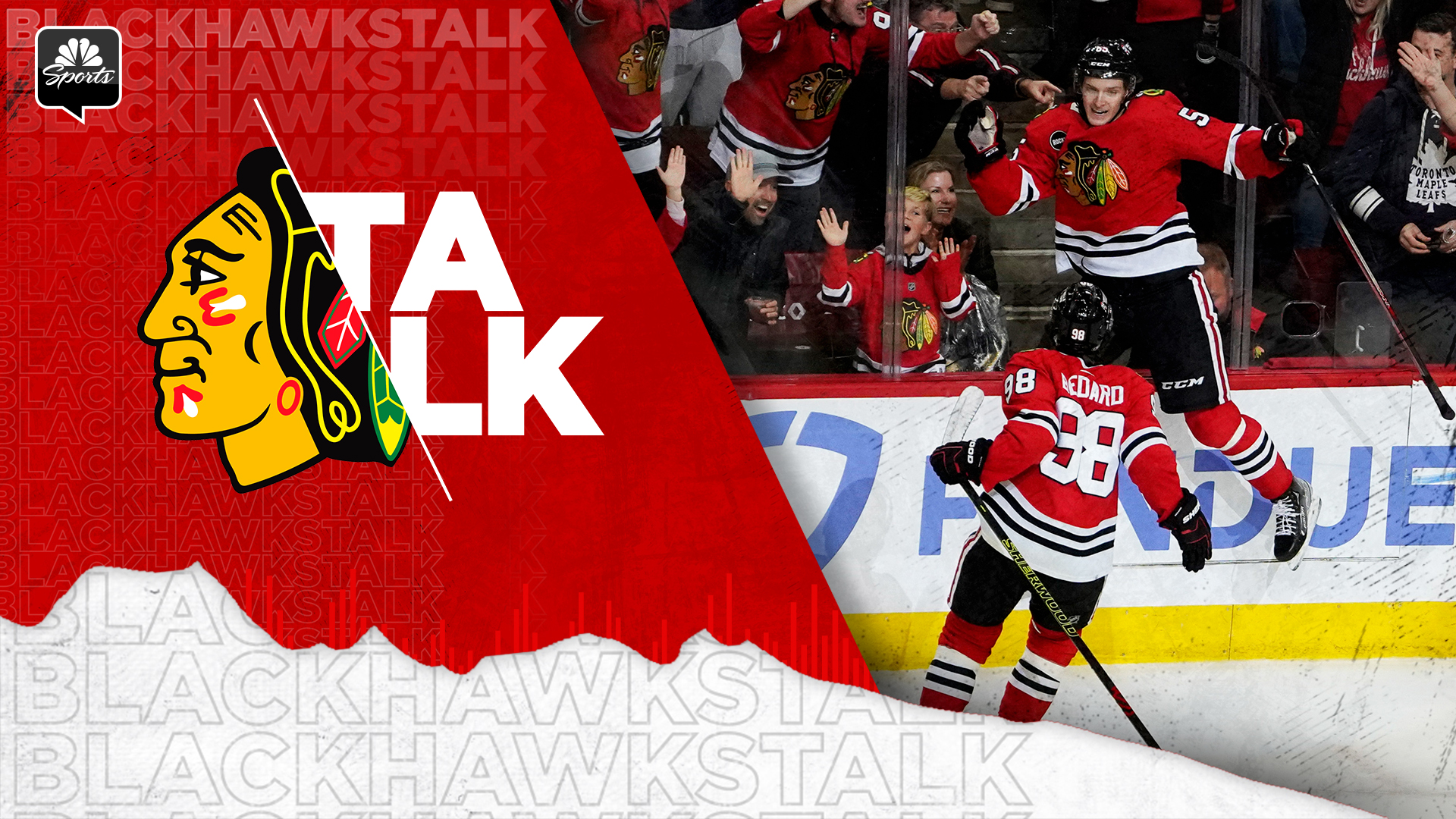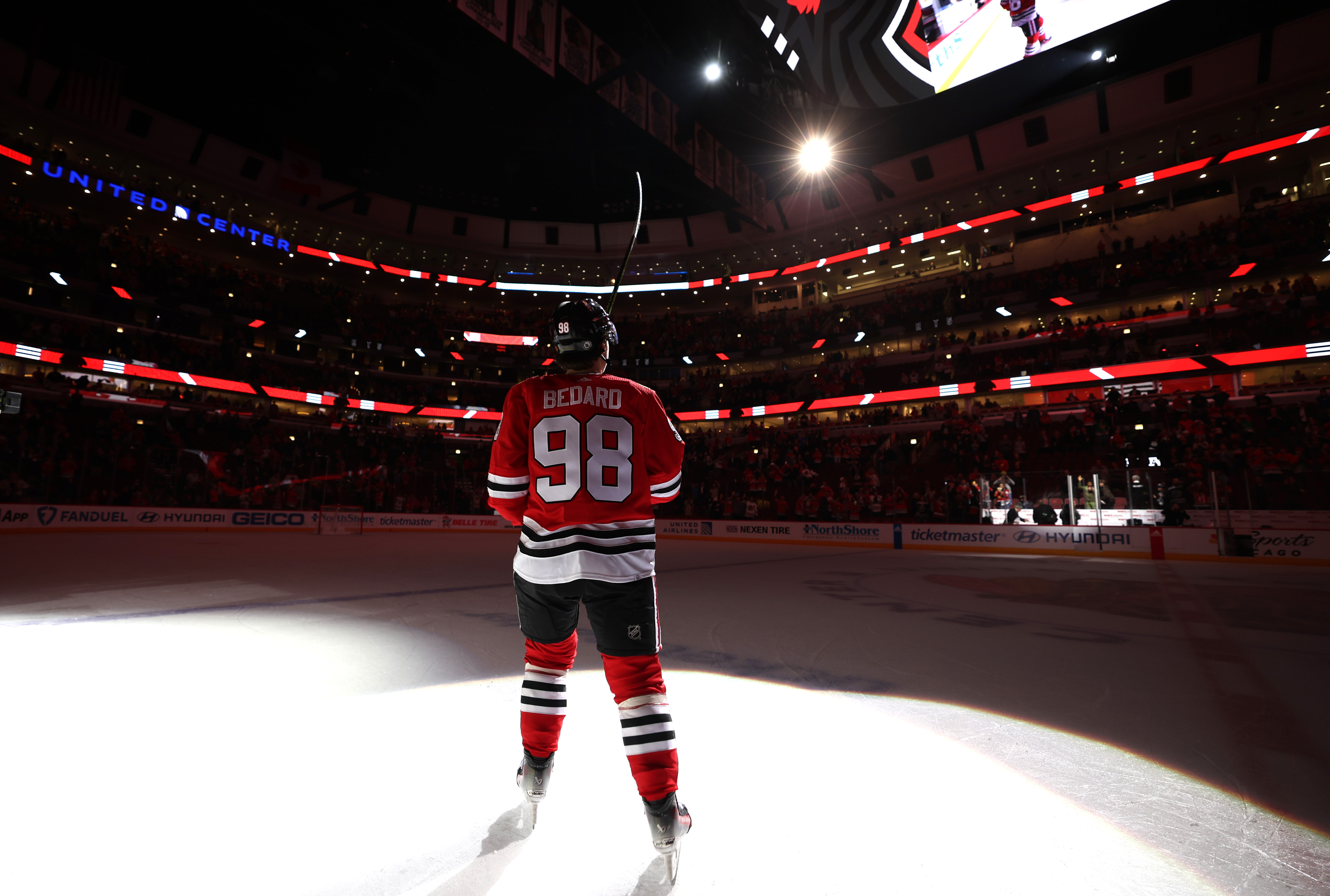NOTE: NBC Chicago will offer a live stream of the Blackhawks' press conference at 3 p.m. CT Tuesday right here.
After losing five straight games and seeing their once potent offense sputter to a halt, the Chicago Blackhawks made a Hail Mary move on Tuesday, firing head coach Joel Quenneville.
Quenneville has been one of the faces of the Blackhawks for over a decade, and with good reason. During the good times, he infused the team with his intensity and attention to detail, leading a squad that was one of the league’s best in preventing shots, killing penalties, and doing all the little things right as they became a model NHL organization.
After several years of deft salary cap gymnastics by G.M. Stan Bowman, reality finally struck the Blackhawks, and their fortunes dropped like a stone. An early playoff exit after a remarkable 2015-16 season was the first sign of trouble, and then the team missing the playoffs for the first time in a decade earlier this year signaled that Quenneville’s time in Chicago could end up drawing short if the team didn’t turn things around.
Now, with the season on a razor’s edge and the Blackhawks struggling to stop, well, anyone from scoring goals, the team has made a decision that will have long-reaching consequences, as they’ve thrust Jeremy Colliton into the spotlight, making him the youngest bench boss in the NHL.
The move by Bowman to relieve Quenneville of his duties is a strategy that will likely have multiple immediate impacts on the team. First and foremost, the Blackhawks went into the season believing that they could be a playoff contender, playing an up-tempo brand of hockey that would help mask some of their defensive deficiencies. Quenneville’s style has never fit that strategy, and Colliton will be asked to save the sinking ship and install new offensive strategies that will take advantage of the speed of Alex DeBrincat, Patrick Kane, and many others on the forward side of the ice.
On the other side of the coin, Bowman knows that the team’s current predicament could be tied to his management of the Blackhawks’ salary cap situation, and hiring a younger coach could give him a measure of job security.
Chicago Blackhawks
Inflated contract extensions for Brent Seabrook and Artem Anisimov have limited the team’s ability to acquire players to help turn things around, and the long-term nature of the deals, and the no-movement and no-trade clauses that accompany them, make a full-on rebuild difficult, or even impossible, to execute at this point in time.
So now Bowman is hopeful he can get the best of both worlds: a coach that can maximize the offensive talent this team possesses, but also one that is young enough that Bowman can argue more time is needed to get everything in order for the new man behind the bench.
As for Quenneville, his next step is unclear, but with several potential job openings emerging in the NHL, he could have his pick if he wants to jump right back into the mix. Mike Yeo is on the hot seat in St. Louis, and the Kings just fired John Stevens as their head coach. Quenneville could also just sit back and count his money, waiting to see what happens to teams that have bright futures and could come looking for a veteran head coach with lots of experience behind the bench.



